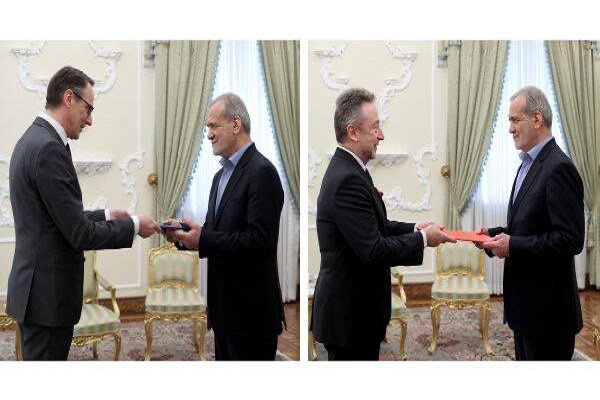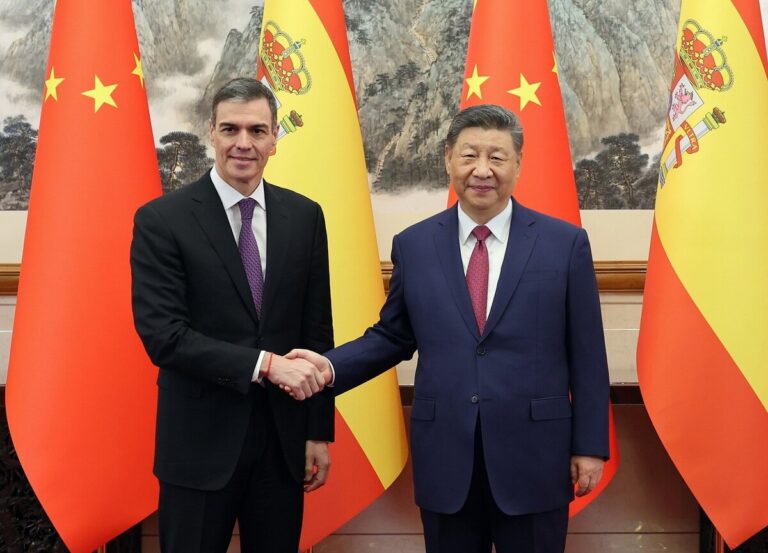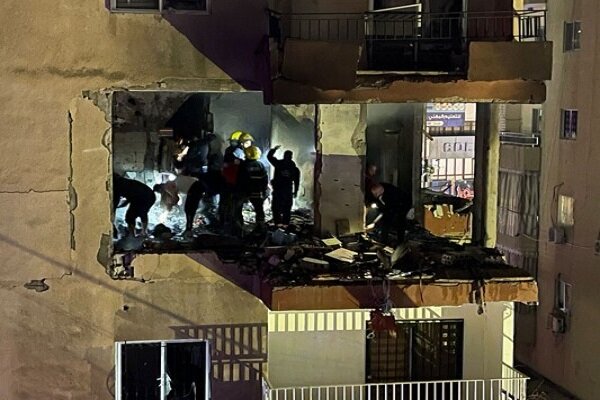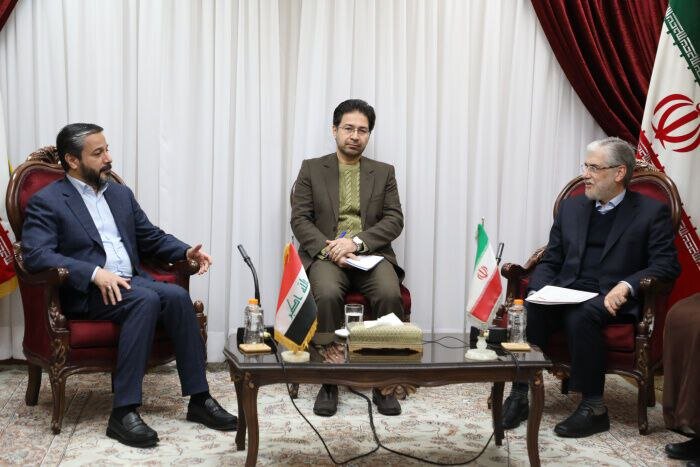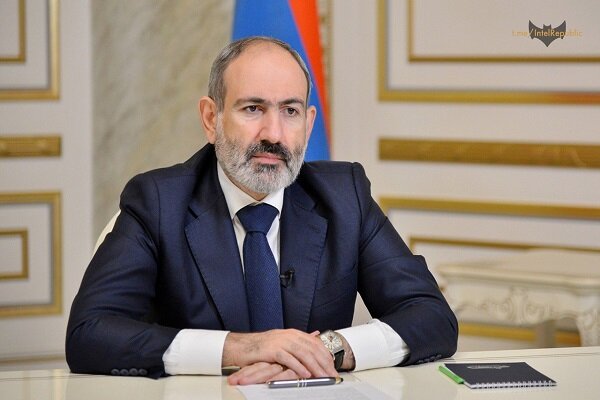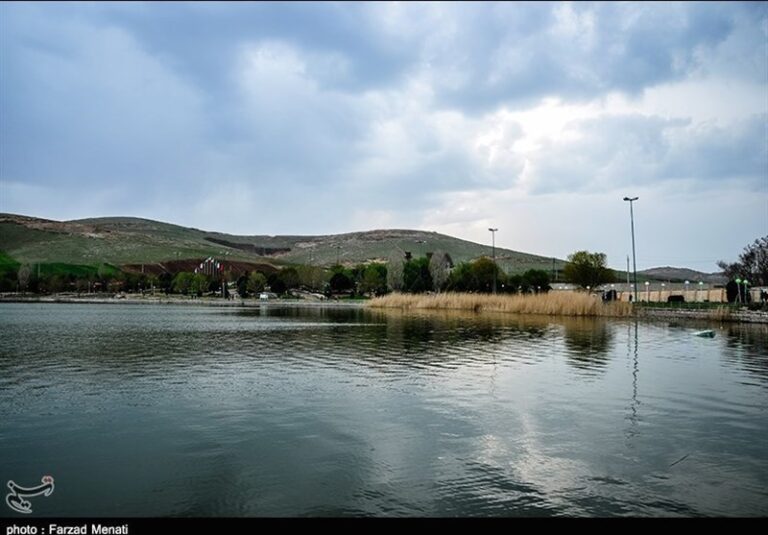Iran’s President Advocates for Global Peace and an End to Conflicts
In a recent diplomatic engagement, Iran’s President Pezeshkian met with Sweden’s new ambassador to Tehran, Mathias Otterstedt, to discuss the importance of dialogue and non-violence in resolving international issues. This meeting underscores the significance of maintaining strong diplomatic relationships.
During the meeting, which took place on Wednesday, President Pezeshkian emphasized the historical ties between Iran and Sweden. He expressed optimism that the tenure of Ambassador Otterstedt would further enhance collaboration across various sectors. This sentiment reflects a broader commitment to diplomatic engagement in the region.
Moreover, in a related event, President Pezeshkian also welcomed the new Czech Ambassador to Tehran, Vitezslav Grepl. This series of meetings highlights Iran’s proactive approach in fostering international relationships and enhancing mutual understanding.
Key points discussed during the meetings include:
- Commitment to Dialogue: President Pezeshkian reiterated Iran’s belief in resolving disputes through peaceful discussions.
- Strengthening Diplomatic Ties: The president expressed hope that the new ambassadors would play a crucial role in strengthening Iran’s diplomatic relationships with their respective countries.
- Economic Cooperation: Both the Swedish and Czech ambassadors affirmed their countries’ commitment to expanding economic ties with Iran, indicating a shared interest in mutual economic benefits.
In his remarks, President Pezeshkian stated, “Fostering mutual relationships between countries can alleviate numerous tensions and promote better coexistence among people.” This statement reflects Iran’s ongoing efforts to create a more stable and peaceful international environment.
During the meeting with the Czech ambassador, an interesting historical exchange occurred. Ambassador Grepl presented President Pezeshkian with a beautifully carved wooden plaque. This plaque commemorates a significant meeting that took place 400 years ago between the representatives of Shah Abbas Safavid and Czech officials, symbolizing the long-standing connections between the two nations.
The exchange of gifts and the sharing of historical anecdotes not only enrich diplomatic relations but also serve to remind both parties of their shared history. This gesture highlights the importance of cultural exchange in modern diplomacy.
As Iran continues to engage with European nations, the focus remains on enhancing collaboration, particularly in the fields of trade and investment. Such partnerships are viewed as essential for mutual growth and stability in the region.
In conclusion, the meetings held by President Pezeshkian with the Swedish and Czech ambassadors are a testament to Iran’s ongoing commitment to fostering international relationships based on dialogue, respect, and shared interests. The emphasis on economic ties, alongside cultural exchanges, signals a forward-thinking approach to diplomacy that prioritizes peaceful coexistence and collaboration.
With these diplomatic initiatives, Iran is positioning itself as a key player in regional stability and international cooperation, reinforcing the notion that constructive dialogue is vital for addressing global challenges.
As the world becomes increasingly interconnected, the role of diplomacy in fostering understanding and cooperation among nations cannot be overstated. Iran’s efforts to strengthen its diplomatic ties with Sweden and the Czech Republic are indicative of a broader strategy aimed at building a more peaceful and prosperous future.
Overall, the recent meetings highlight the importance of maintaining open lines of communication and the potential for fruitful partnerships that can emerge from such interactions.
